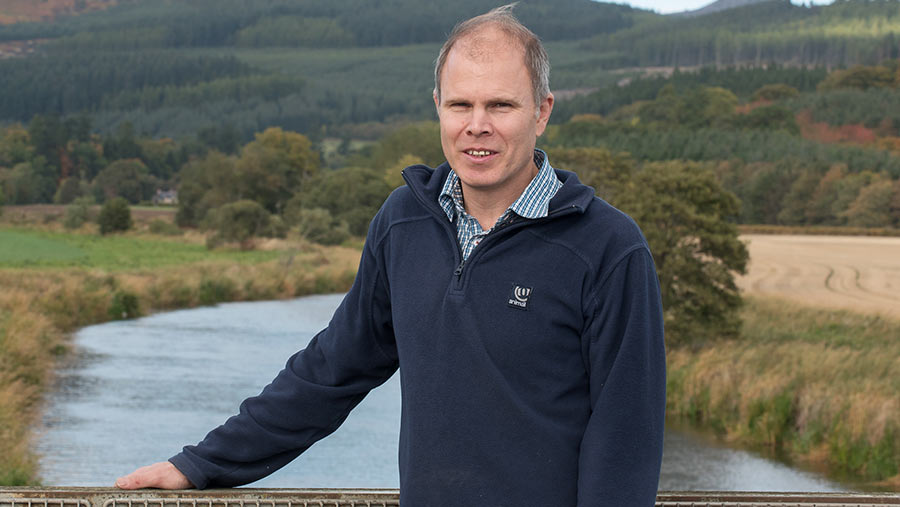Farmer Focus: Scotland kept in the dark about future ag policy
 © Angus Findlay
© Angus Findlay As usual with EU negotiations, a Brexit deal was struck at the last moment. We now know that produce exports and supply imports will be able to carry on relatively unaffected, unless you are selling seed potatoes.
In England, there is clarity on the direction of travel for farm support, but in Scotland, while fortunate in having no immediate change, we are in the dark about future policy.
Add to this the Covid-19 pandemic, the Scottish National Party’s fixation with independence at all costs and the vagaries of the weather, and there is plenty of uncertainty ahead.
See also: How to maximise spring oats for healthier returns
On a positive note, grain markets have risen dramatically in the past couple of months, with new-crop prices looking more attractive. As a result, I have been fixing the base price of much of our spring malting barley contracts on a premium over wheat futures.
Hopefully, the rise in feed grain prices will compensate for reduced malting demand, creating a more rewarding price for malting barley at harvest time.
Preparations for the spring crop have been hampered by the weather, with 200mm of rain in October and 150mm in December. This means there is still a lot of ploughing to be done.
When the ground dries up, there will be muck to spread and drains to repair before we can start ploughing, so a change in the weather would be welcome.
I joined an interesting online AHDB presentation this morning, highlighting the interactions between sowing date, variety resistance and fungicide input on winter cereal yield.
This showed that later drilling and strong varietal resistance reduce fungicide requirements, making additional inputs not cost-effective.
Having seen the effects of later drilling in England and the result of last year’s wet autumn, this would seem a high-risk strategy. My take-home message was to continue reducing risk by growing resistant varieties, but aim to get them established early to reduce the high risk of poor – or no – establishment.
If, due to the season, I end up with later-drilled crops, there may be an opportunity to reduce inputs, but I won’t be setting out with that aim.

